More than 15 classic movies reminisce about the golden songs of the year from 7.25 on the movie channel.
Special feature of 1905 film network The voice of the classics will remain forever!Starting from July 25th, the movie channel’s midsummer nostalgia series "The Golden Songs of the Years in the Movie".We have carefully prepared more than 15 classic films for you, including the voice of the times from the 1950s to the present, and each song is a classic among the classics.What kind of memories will you recall when you hum these melodies again?
The pride of defending the country in the 1950 s
Diary of a nurse
"Little Swallow"
"The little swallow wears flowered clothes and comes here every spring. I asked the swallow why he came, and the swallow said that the spring here is really beautiful."
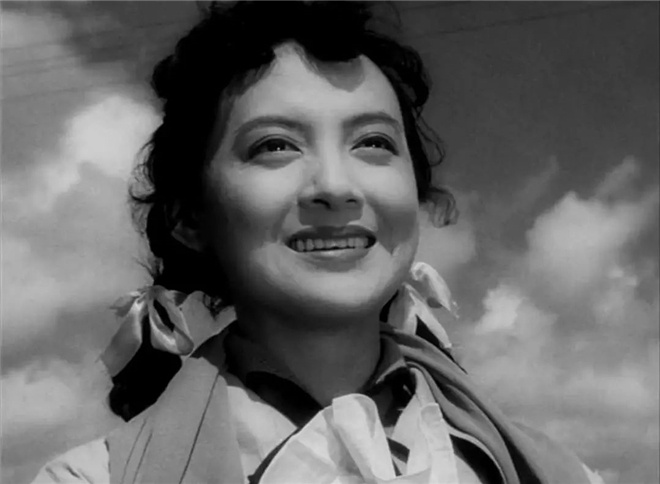
This well-known old song "Little Swallow" is the theme song sung by actor Wang Danfeng in the first nurse-themed film in New China.
At that time, this song was as well known as the movie. Once the film was released, it was deeply loved by the masses, and almost everyone could sing the interlude in the film.
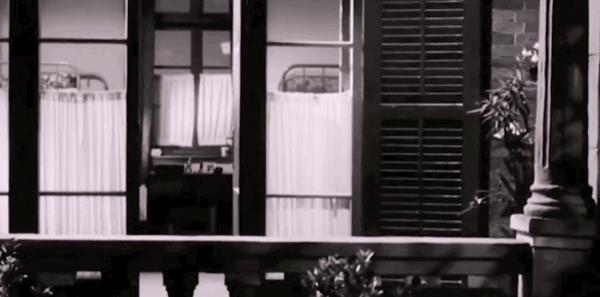
Nowadays, the song "Little Swallow" has already become a classic children’s song widely sung, accompanying generation after generation to grow up.
Shangganling
"My Motherland"
"A big river has wide waves, and the wind blows rice and flowers on both sides."In 1956, the song "My Motherland" led by the heroine Wang Lan (ornaments) became a movie-watching memory of a generation.
Liu Chi, the composer who wrote My Motherland, said: "I hope this song will spread all over the country with the performance of the film, and it will be well-known to all women and children and will last forever. After several years, this film is no longer performed. As long as you sing this song, you will think of the moving scenes in the film and miss those heroic volunteers! "
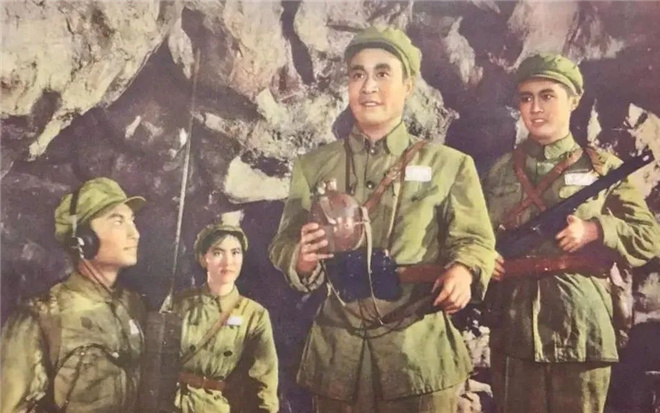
Qiao Yu’s lyrics, with the most unpretentious language and sincere and deep feelings, let us remember the infinite love and heroism of volunteer soldiers for their motherland and hometown.
Five golden flowers
"butterfly spring side"
"Flowers wait for butterflies to collect honey, and A-mei waits for lovers."As the pioneering work of the new China musical, it was sold out for several months after its release, and was shown in more than 40 countries, which was very popular.
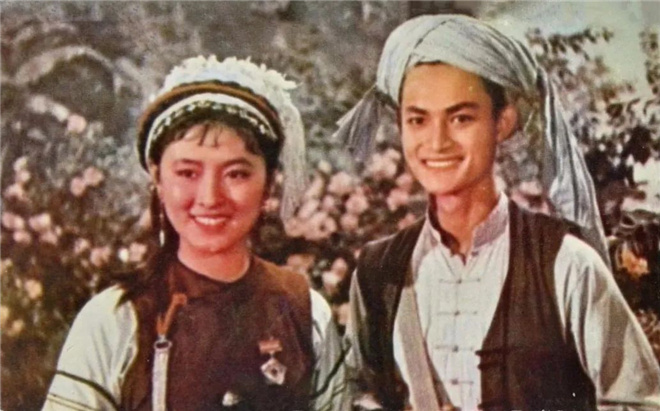
At that time, he was only 17 years old. With the corner of the golden flower in the movie Five Golden Flowers, he became the idol of countless fans.
Among them, the song "The Edge of butterfly spring" written by Jinhua and A Peng as love songs spread all over the streets in that year, and still reverberates in the hearts of the older generation.
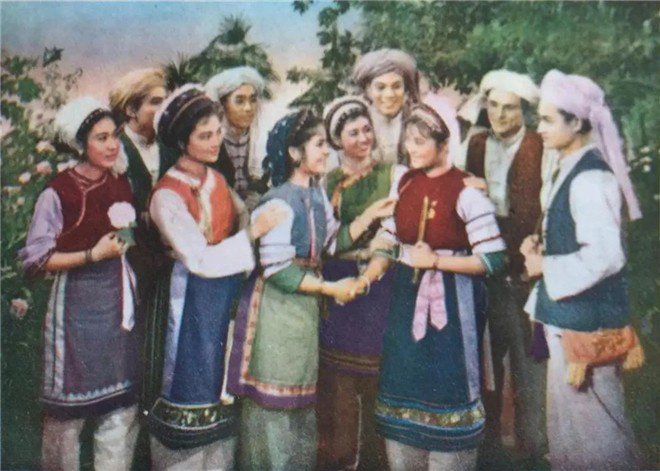
Flying tigers.
"Play my beloved pipa."
"Play my beloved pipa and sing that touching song."Using the typical tones of Shandong folk songs, this song "Play My Beloved Pipa" has made many people deeply empathize with the feelings and revolutionary enthusiasm of Chinese sons and daughters.
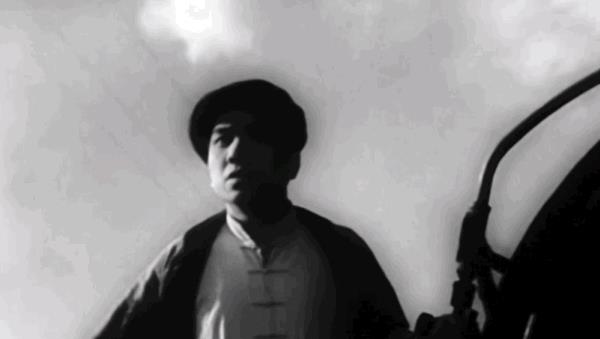
A song "Play My Beloved Pipa" made flying tigers’s heroic deeds of anti-Japanese war famous all over the world, which has been passed down to this day. Even in the movie, he was re-interpreted by the starring role.
The Story of Liubao
"sunny day in 1999"
Movies depicting love stories of active servicemen were rare at that time.
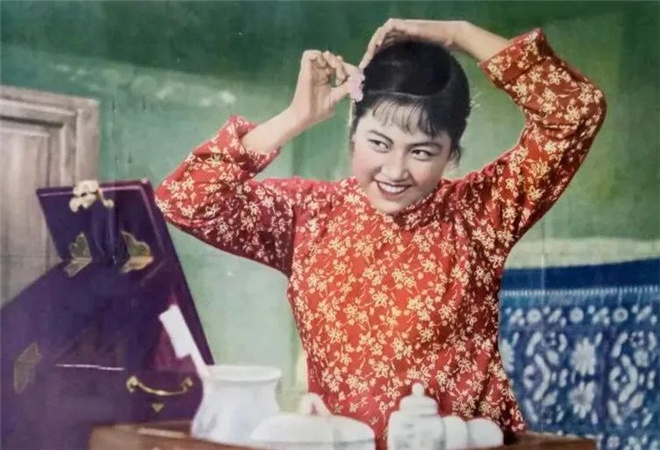
The film does not focus on describing large-scale battles, but focuses on the personal emotional life of soldiers, showing the romance and warmth that are rare in the war.
The beautiful pictures of windmills, willows, Banqiao and canoes in the water town of northern Jiangsu, coupled with the theme song "Sunny Days in 1999", let us remember the lofty and beautiful love of revolutionary soldiers and the beautiful scenery of the water town in the south of the Yangtze River.
The sound of burning passion in the 1960 s
Heroes and children
"ode to the hero"
"Why is the battle flag picturesque, and the hero’s blood dyed it red? Why is the spring always there, and the hero’s life blooms?"
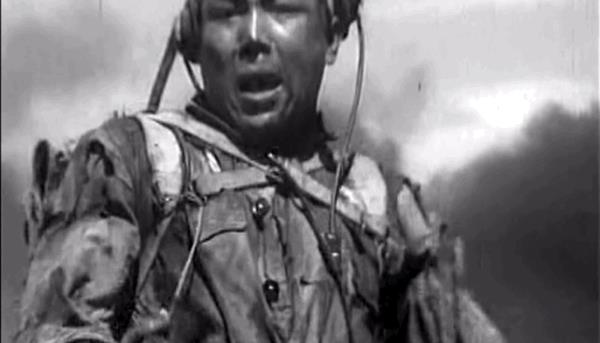
The theme song "Ode to a Hero" is stirring, very sonorous.Whenever "Ode to Heroes" is sung, we can see the glorious images of Wang Cheng clutching the explosive barrel and Wang Fang singing in the war, reminding us not to forget history and heroes.
Red women soldiers
"women soldiers Liange"
"Forward, forward, soldiers have heavy responsibilities and women have deep grievances."
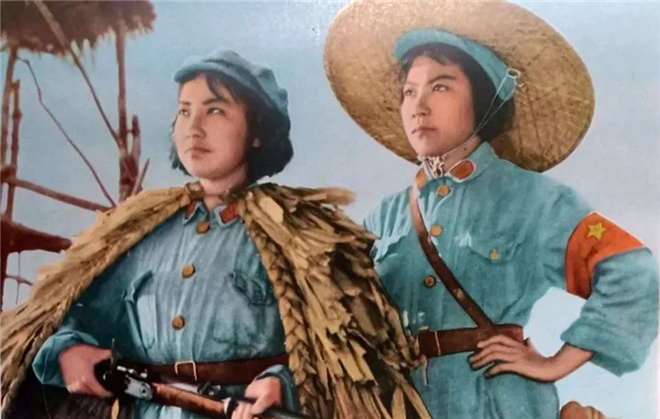
In order to compose the music in Red women soldiers, the composer Huang Zhun spent three or four months before and after, went to Hainan three times, went deep into the alpine jungle, visited the surviving "women soldiers" soldiers and the places where they fought and lived in the past, and collected a large number of Hainan local music, including Hainan operas and folk songs, from which he gained inspiration of musical style.The spirit of Red women soldiers is the banner of women’s liberation movement.
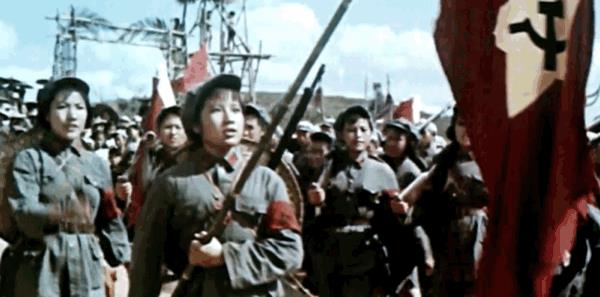
The crisp, majestic and powerful theme song "women soldiers Liege" has been selected as one of the 100 golden songs in China movies for more than half a century, and it is still popular today.
Eternal life in fire
"Embroidering Red Flag"
"Thousands of feelings, great love, turned into a Venus embroidered red flag."
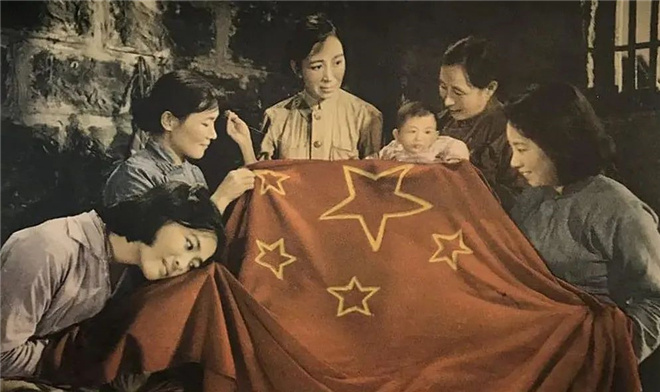
Jiang Jie, as the representative of the female group, sang songs of integrity, which left a deep imprint on the hearts of audiences and readers from generation to generation.According to classic legend, the heroic spirit lasts for a long time; Light and shadow flow, and the red gene is passed down from generation to generation.
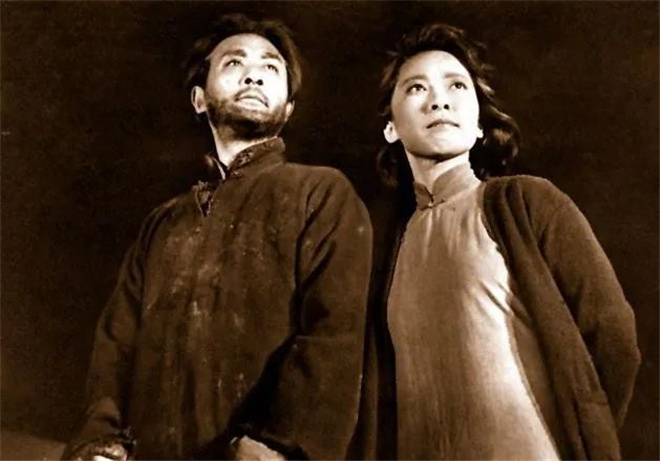
The "Red Rock Spirit" lives forever in the fire with the sound of classics.
Third Sister Liu
"Folk songs are like spring water."
The film that combines music and scenery is the first music and scenery film in China.
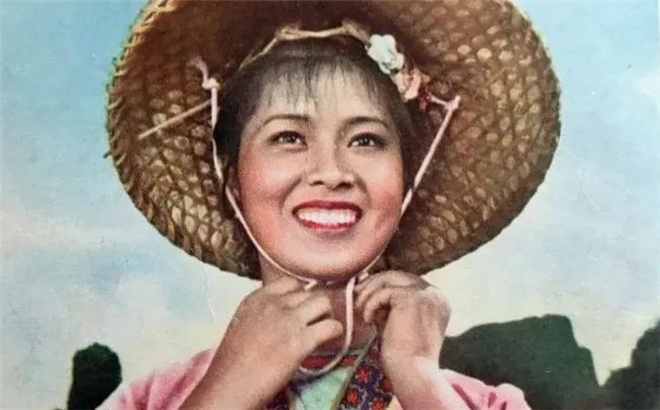
The film "Sanjie Liu" is based on the story of a generation of song fairy Sanjie Liu.Qiao Yu, who is known as a master of ci, and Lei Zhenbang, a famous composer in New China, wrote more than 30 songs for the film and won the Best Music Award in the 2nd Hundred Flowers Award.
The first song is like a spring water that sings the wishes and ideals of the working people and moistens people’s hearts.
Honghu Red Guard
"Hong Hushui waves"
If the songs in the movie "Sister Liu" represent Guangxi ethnic customs, the songs in the movie are symbols of Hubei folk songs.
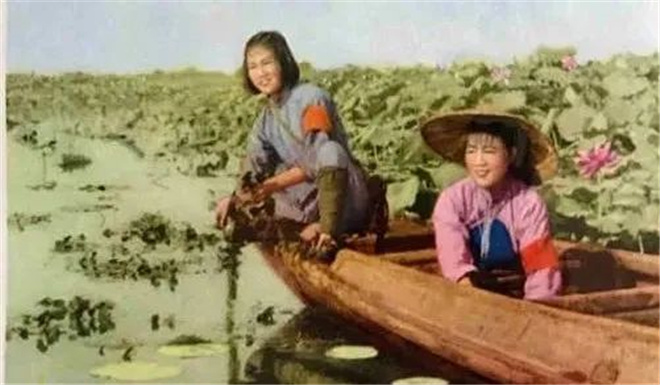
Honghu Lake is also a hot spot for revolution. This was once one of the centers of the national agrarian revolution.A song of Hong Hushui, which has lasted for generations.
Classic aria in films such as Hong Hushui, Beating Waves, What a Beautiful Battle, Seeing that all the toiling people in the world are liberated, No Tears, No Sadness, Song of the Red Guards, etc., have been well-known so far and evoked many revolutionary feelings and memories.
The visitor on the iceberg
"Why are flowers so red?"
At that time, an old movie evoked many people’s yearning for the Pamirs.
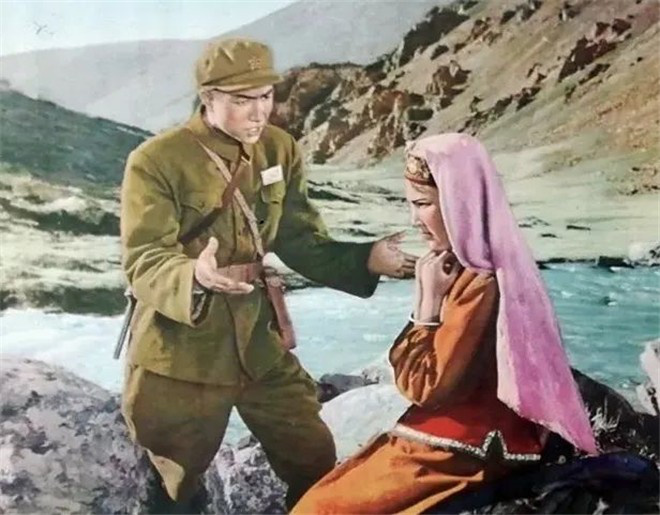
A song "Why Flowers Are So Red" tells the story of the hardships and hardships experienced by border guards, and how many people yearn for a better life and sincere love.
This song "Why Flowers Are So Red", which is played by Dutar and other musical instruments, is original and rough, melodious and simple in tone, which appropriately creates a sad and romantic atmosphere for the film and makes the film more legendary because of the music.
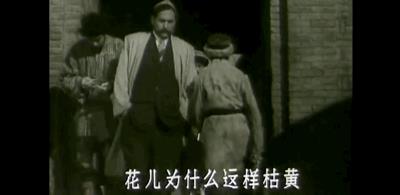
This song is the password for the older generation to transmit love when they are in love, which shows its rich charm and unique charm.
Melody of praising the motherland in the 1970s.
Sparkling red star
"Red Star Song"
"The red star shines brightly, the red star is bright and warm-hearted, the red star is the heart of the workers and peasants, and the glory of the party shines for generations."
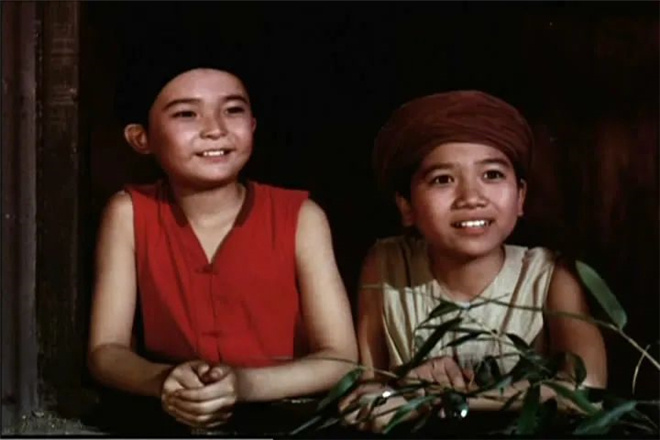
In that era when model operas were popular, The Sparkling Red Star brought people a brand-new experience and quickly became popular all over China.
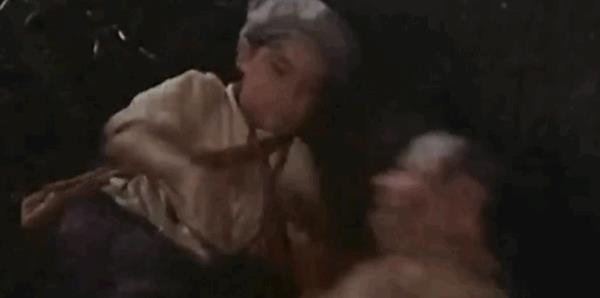
The song called "three reds" in the film — — Red Star Song, Red Star Follow Me to Fight, and Yingshanhong are all widely sung.After years of repeated elutriation, it still lasts forever and becomes one of the symbols for people to recall the past.
Little flower
"velvet flower"
"There is a beautiful flower in the world, and that is youth spitting youth. Clashing hard bones and blooming flowers, blood from Li Li dyed it red … …”
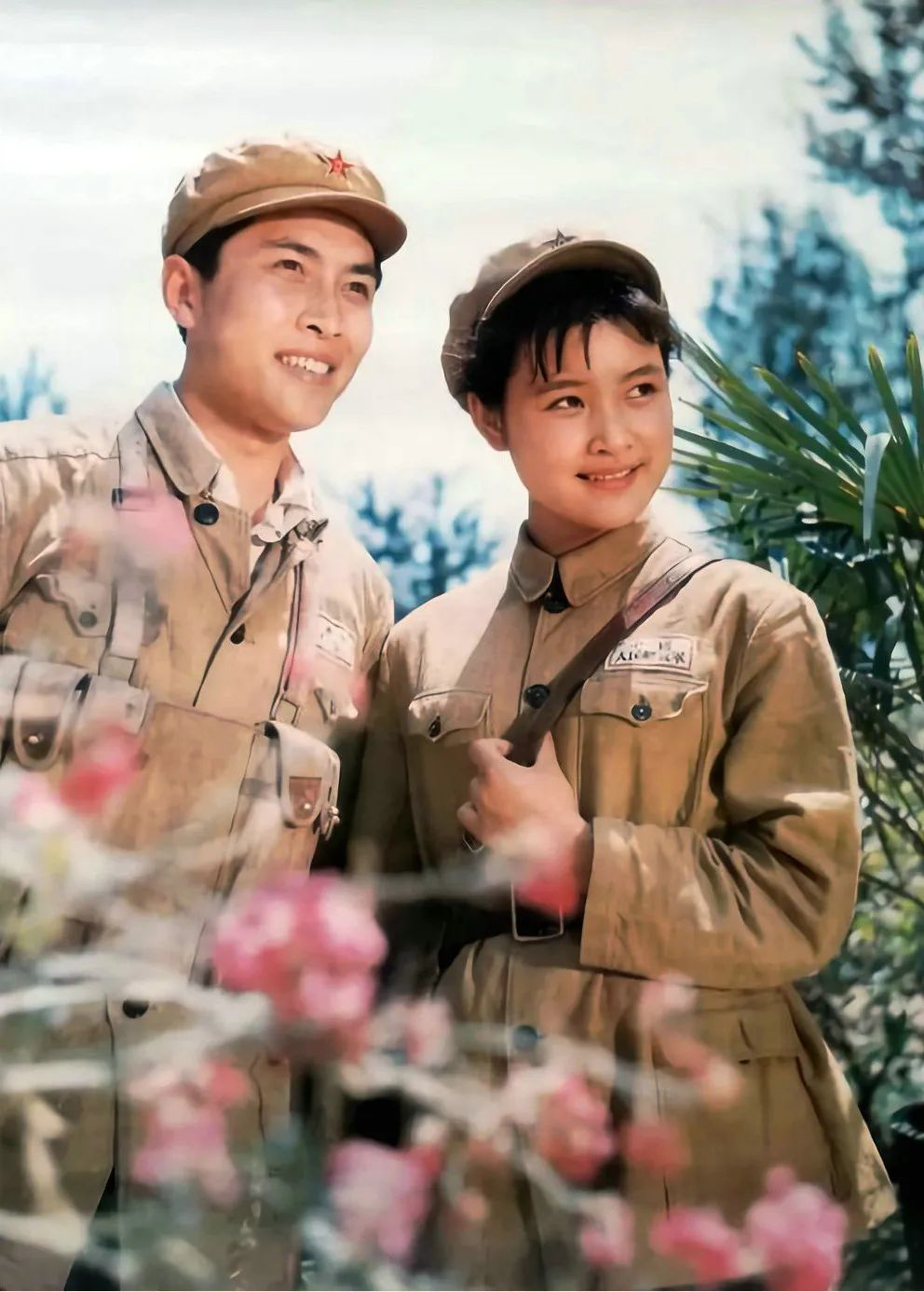
Two songs in the film that won the 3rd Hundred Flowers Award Best Music Award added a lot of color to the film.A "Sister Looking for Brother’s Tears" and a "Eddy Flowers" made many audiences cry.
Xiaohua turned grief into a revolutionary force, unswervingly embarked on the spirit of the revolutionary road, exuded the dazzling light of lofty ideals and firm beliefs, and gave people strength.
The expression of trivial matters in life after the 1980s.
"It’s a long way to go, and it’s difficult and dangerous to sprinkle camel bells all the way."
When he directed and starred in the film in the 1980s, he was determined to pour out his war friendship with a moving song from the beginning. Camel Bell came into being.

"The lover will never come again after parting, sitting alone and looking out of the world."
The song "The Love of My Life" in the movie that came out in 1995 is the love of my life.
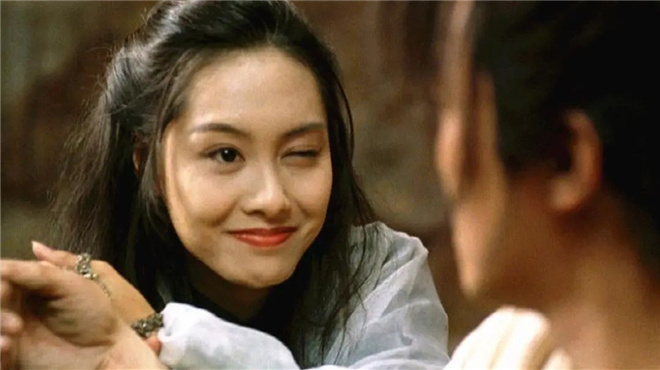
"Love is just a word, I will only say it once, and you know I will only express it with actions."
On July 30, 1999, the song "Love is One Word" in the movie is the deep affection between mother and son of Aquilaria sinensis.
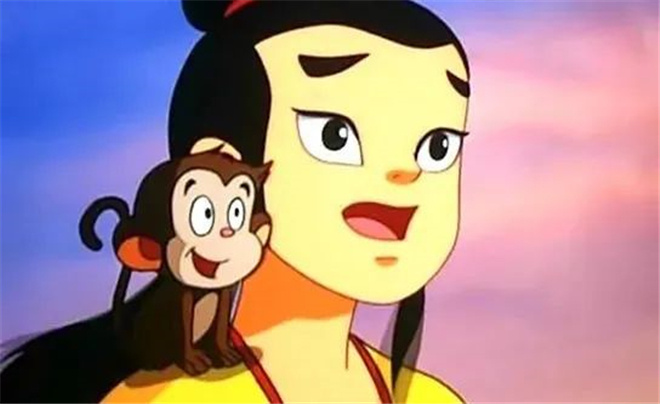
"When a ship sinks to the bottom of the sea, when a person becomes a mystery. You don’t know why they left, but that goodbye was his last sentence. "
The debut film, which was released on July 24th, 2014 for eight years, seems to be more famous than the film in its episode of the same name, which describes the mood of contemporary young people wandering around the world very appropriately.
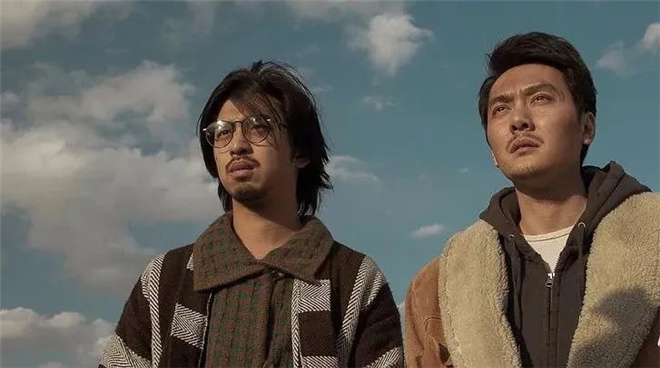
An era, with the brand of an era, condenses into eternal memory.These classic songs of different ages represent our youth and blood in different ages.
Let’s turn over the chapter of memory, review the classic songs of the times, and recall those once moved.In August, "The Golden Melody of the Year in the Movie" will also welcome the classic translation unit, so stay tuned!
a program parade
July 25-29 at 10:15.
On July 25th, Sparkling Red Star
On July 26th, Diary of a Nurse
On July 27th, "Heroes and Children"
On July 28th, Shangganling
On July 29, "See you later"
August 1-5 at 10:10.
August 1 "Lotus Lantern"
On August 2nd, The Great Sage of a Chinese Odyssey Marries.
On August 3rd, Red women soldiers
On August 4th, Third Sister Liu
August 5 "Five Golden Flowers"
8:00 on August 8-12.
August 8 th
On August 9th, Little Flower
On August 10th, The Visitor on the Iceberg
On August 11th, Honghu Red Guard
On August 12, The Story of Liubao
* Please pay attention to the daily program preview for the specific broadcast time.